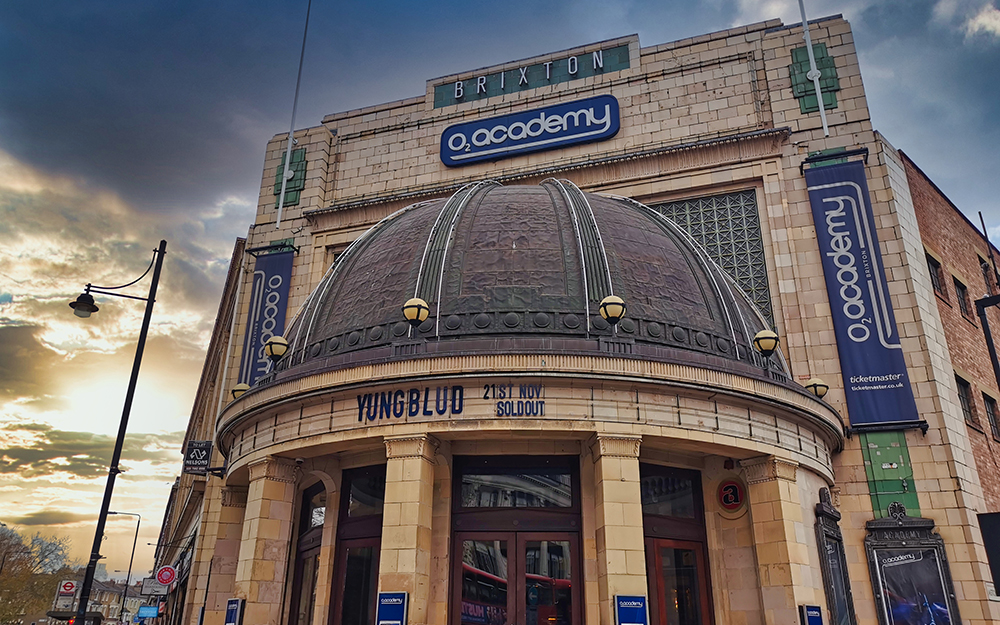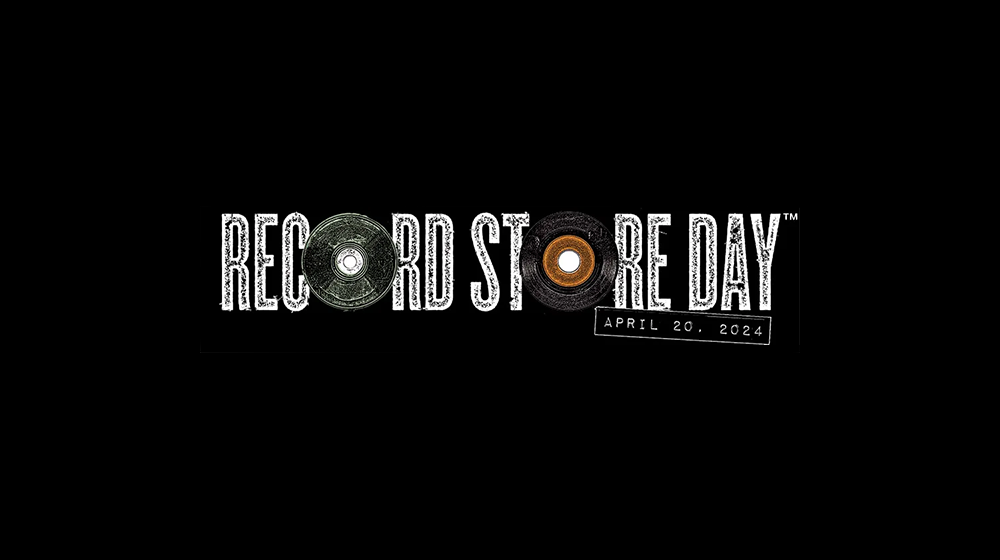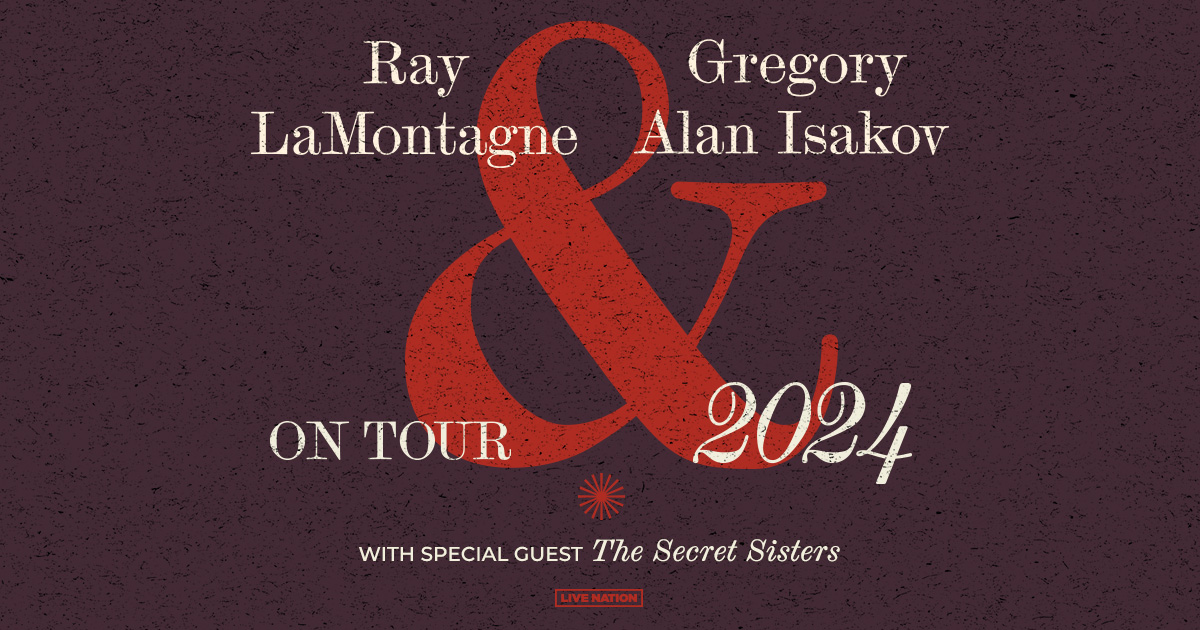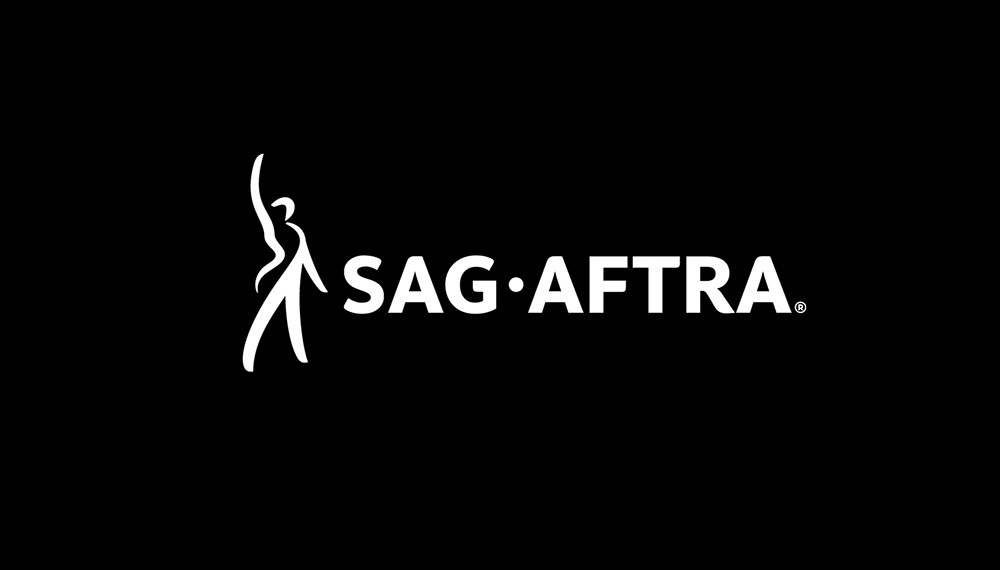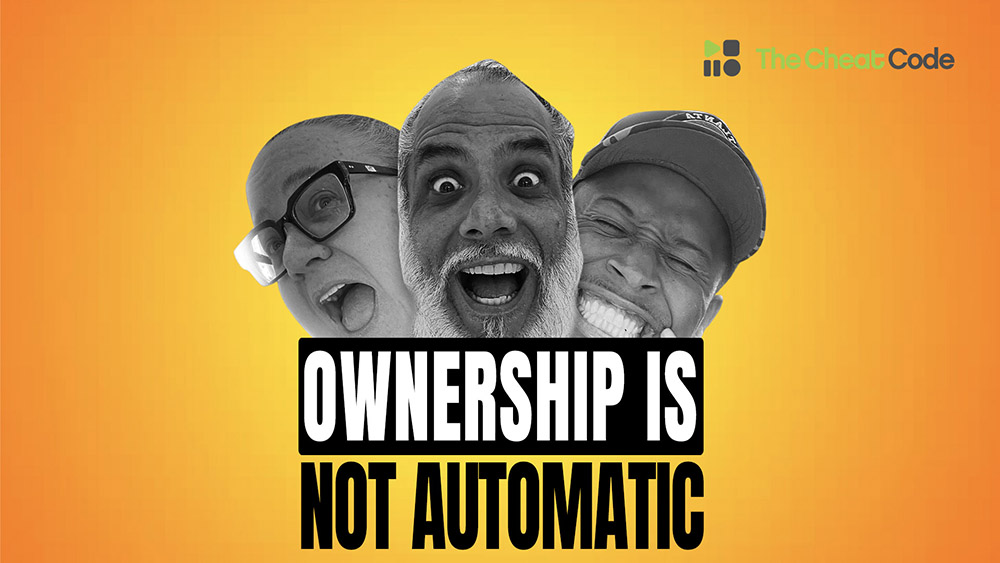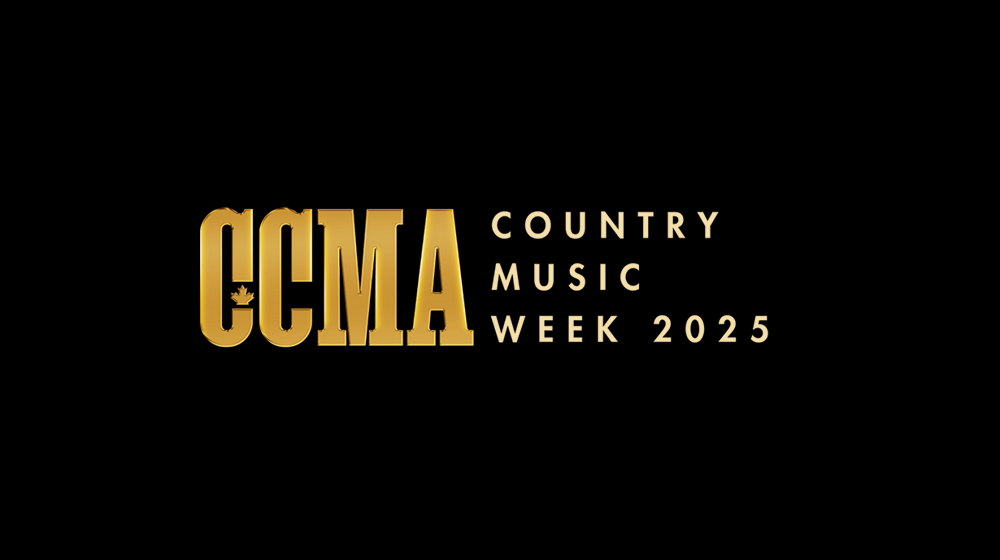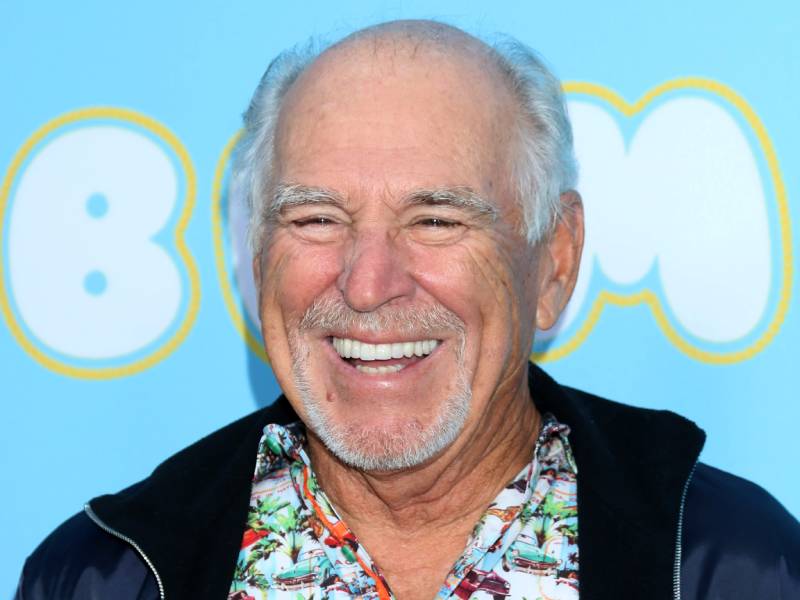
(Vip News) — The music industry's obsession with instant success is being blamed for a malaise in the British music scene.
Musicians, executives, and industry figures aired their views to DJ Steve Lamacq, as part of BBC Radio 2's Great British Music Debate.
The radio station will devote an evening to examining the state of the industry, on 2 July, with a live debate hosted by Jeremy Vine, and recorded opinion pieces from industry figures, including Lamacq.
Singer-songwriter Paul Weller said: "Unfortunately these days, if you don't get a hit single and your first album doesn't sell one point whatever million you don't get a chance to make your second one."
Chris Cowey, executive producer of the BBC's Top of the Pops, said: "It's becoming increasingly difficult for record companies to nurture bands.
"Economically it's much easier for a record company to sign one pretty young male or female, give them some songs, put them out there, and get a very fast return on their investment."
Album sales in the UK fell by 4% in 2002 and music sales dropped by 13% in the first quarter of 2003.
While piracy is being blamed by many observers, the British music industry's current trend of packaged pop and taking few risks is also under fire.
But record labels, in a tacit admission of the problem, say long-term campaigns are back in fashion.
 "A lot of labels have been forced into going back to the old way of breaking bands after losing so much money on quick-fix signings, " Virgin artist and repertoire manager Nick Burgess told Music Week magazine.
"A lot of labels have been forced into going back to the old way of breaking bands after losing so much money on quick-fix signings, " Virgin artist and repertoire manager Nick Burgess told Music Week magazine.
The trend for pop stars being plucked from obscurity via reality TV shows was the target of much criticism.
Mr. Cowey said: "They quite possibly are guilty of trying to force things too quickly in record companies.
"But at the same time they are feeding a demand and as long as we watch those kinds of karaoke-style shows then record companies will be daft not to take advantage of that."
Capital FM DJ Neil Fox, who acted as a judge on ITV's Pop Idol, said: "Look at how many records Will, Gareth shifted, how many the Pop Idol finalists shifted. It's huge – that has been megabusiness.
"I think the fact the UK music industry hasn't been investing in new artists and new bands and developing new talent is bad for the music industry.
"Pop Idol, Popstars, Fame Academy, the rest of them – I don't think they are causing any problems whatsoever – they are coming up with acts that people do like and they are going out and buying a lot of their product."
Colin Lester of Wildstar Records – the home of Craig David, and part-owned by Capital Radio – said: "Parents and kids listening to the same records; that's got to be bad for everyone including the industry."
The Sun's show business journalist Dominic Mohan said record labels were far too reliant on music created by reality TV shows.
"They are investing their money in the wrong areas. The reality pop bubble is hopefully about to burst and the record companies will be left scratching their heads, wishing they had signed a band like The Streets."
























